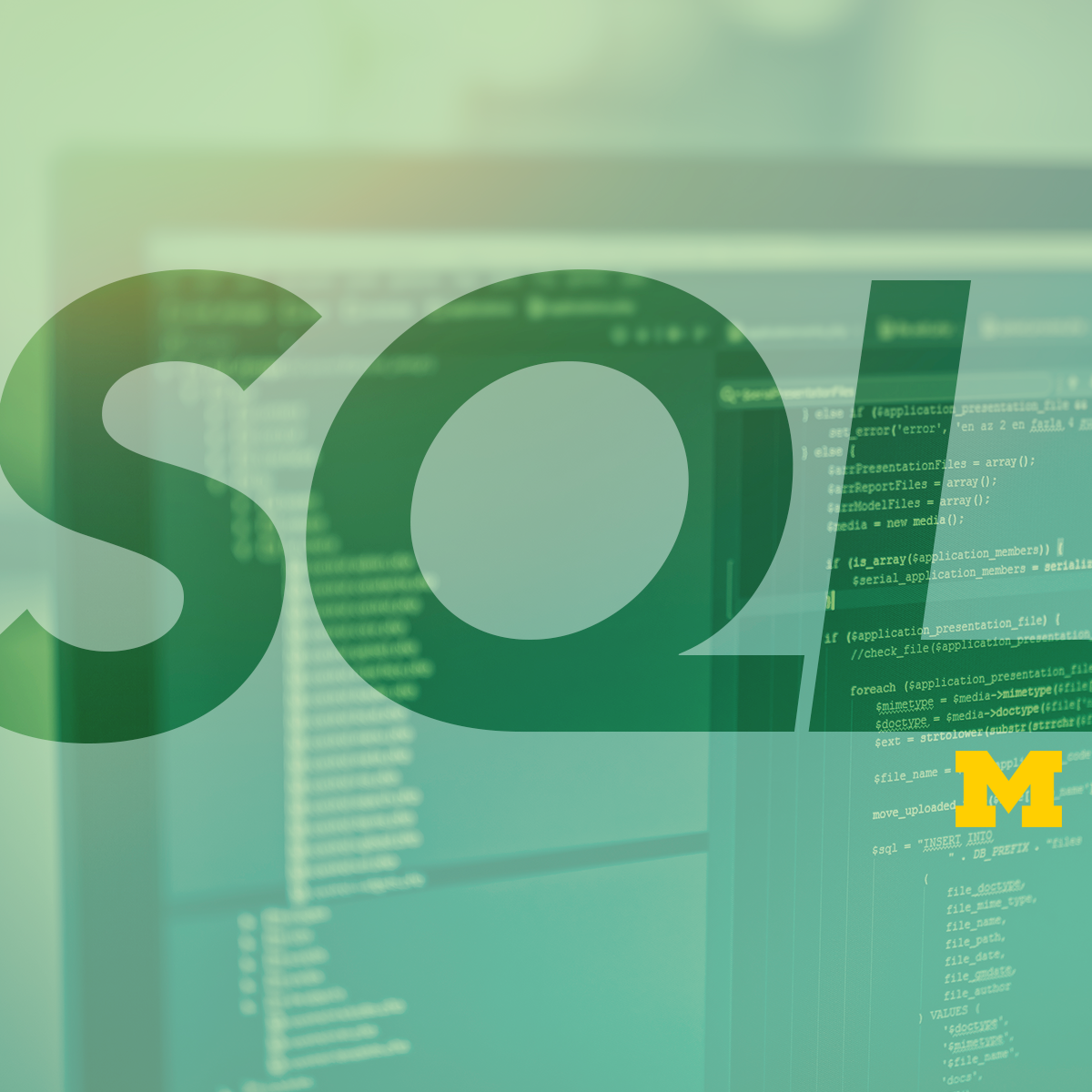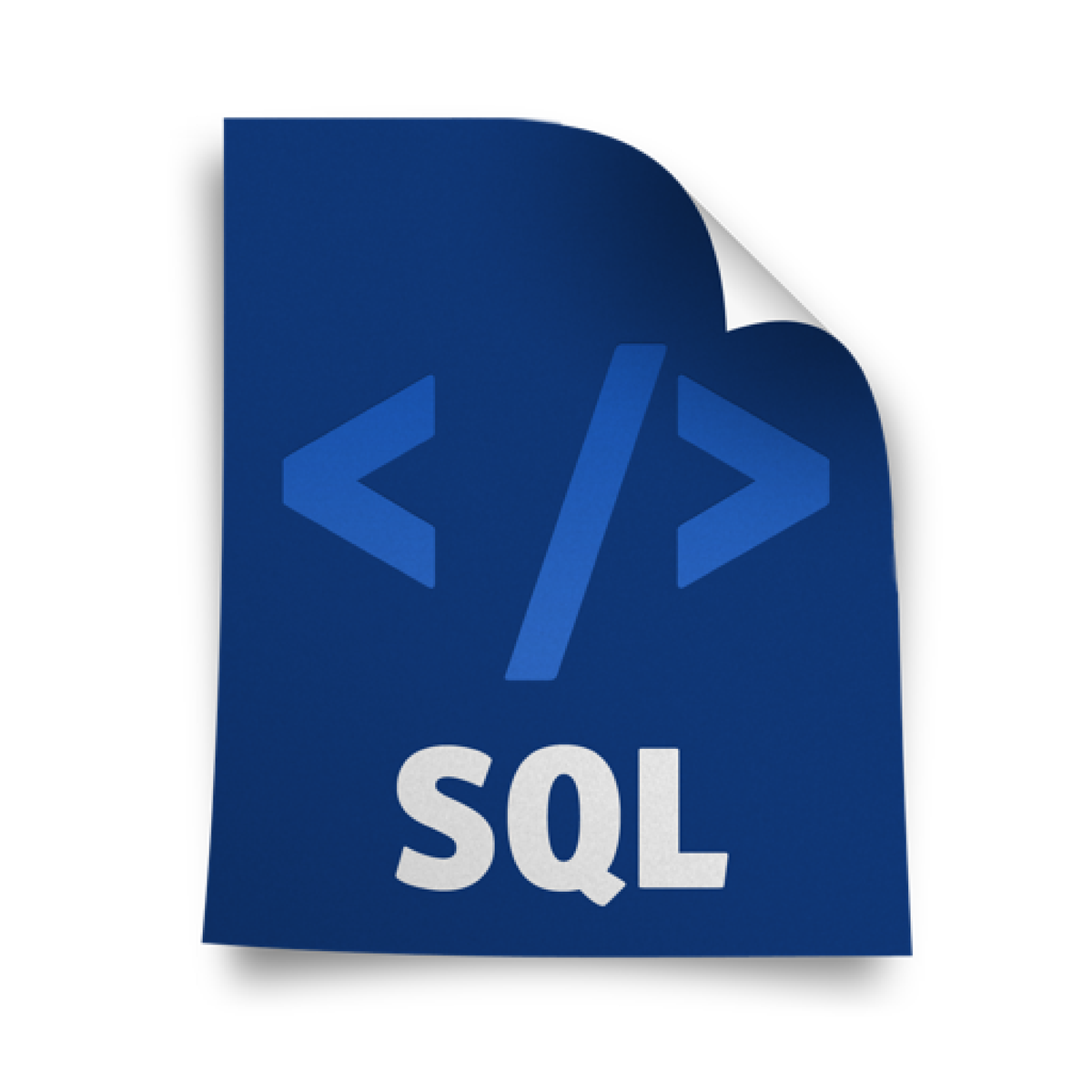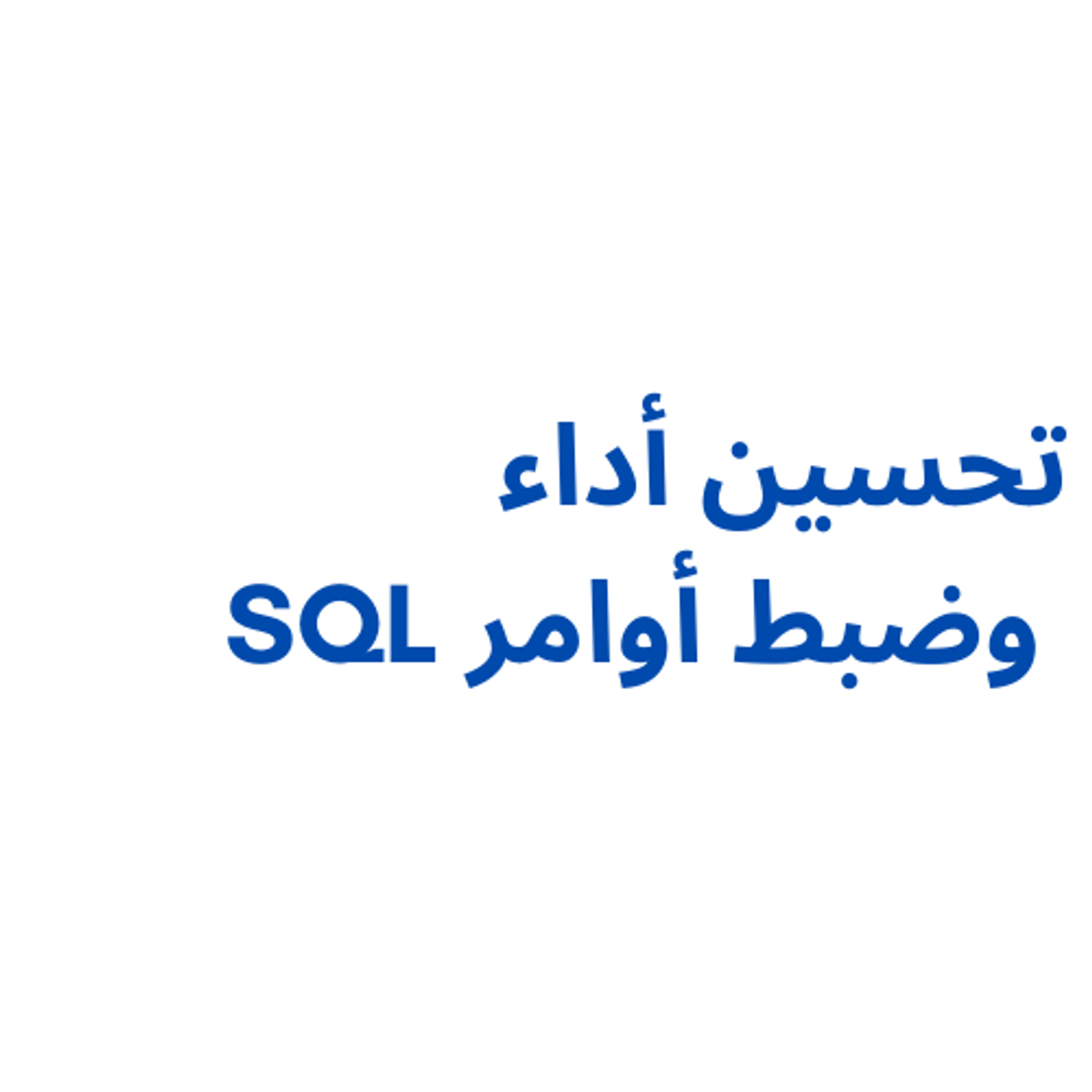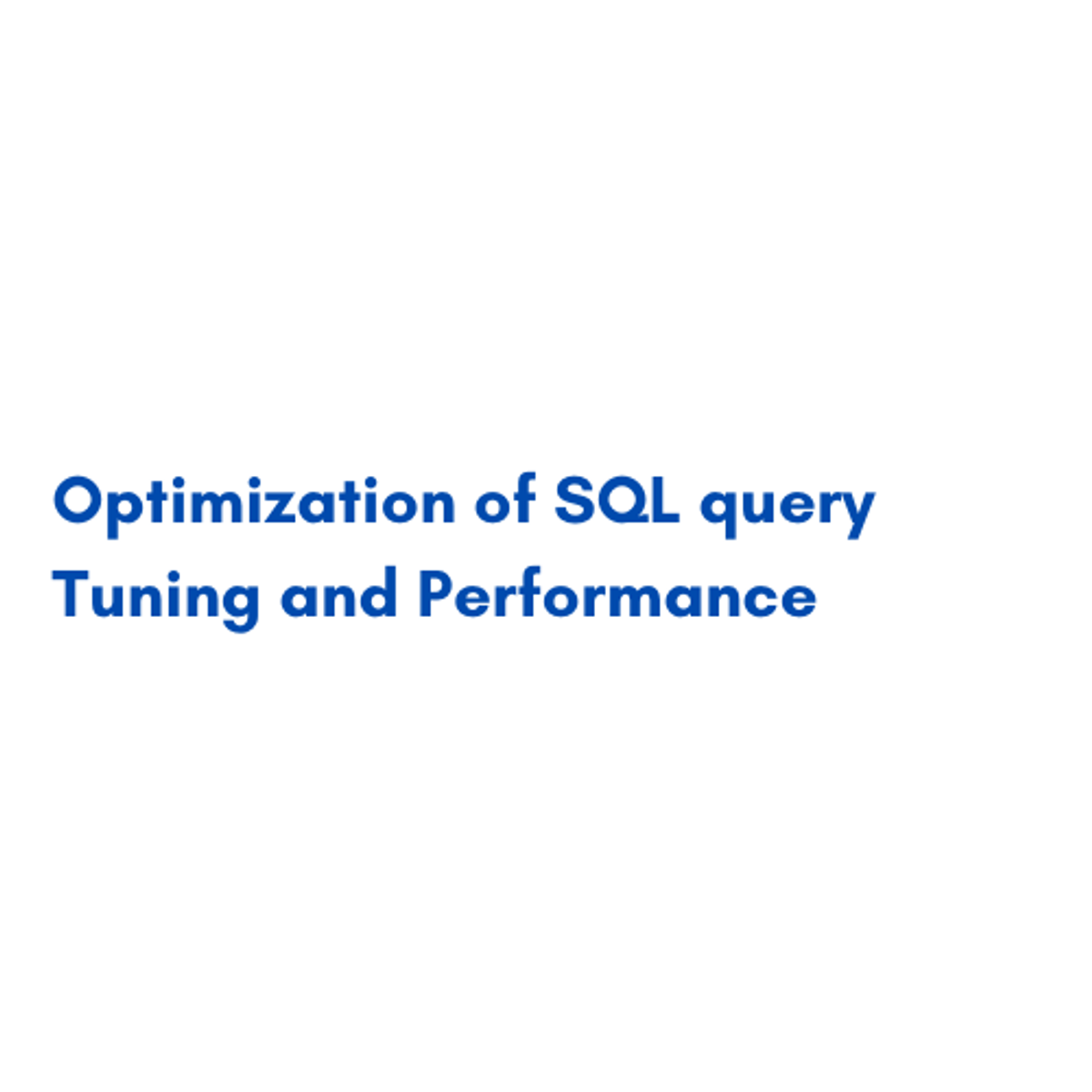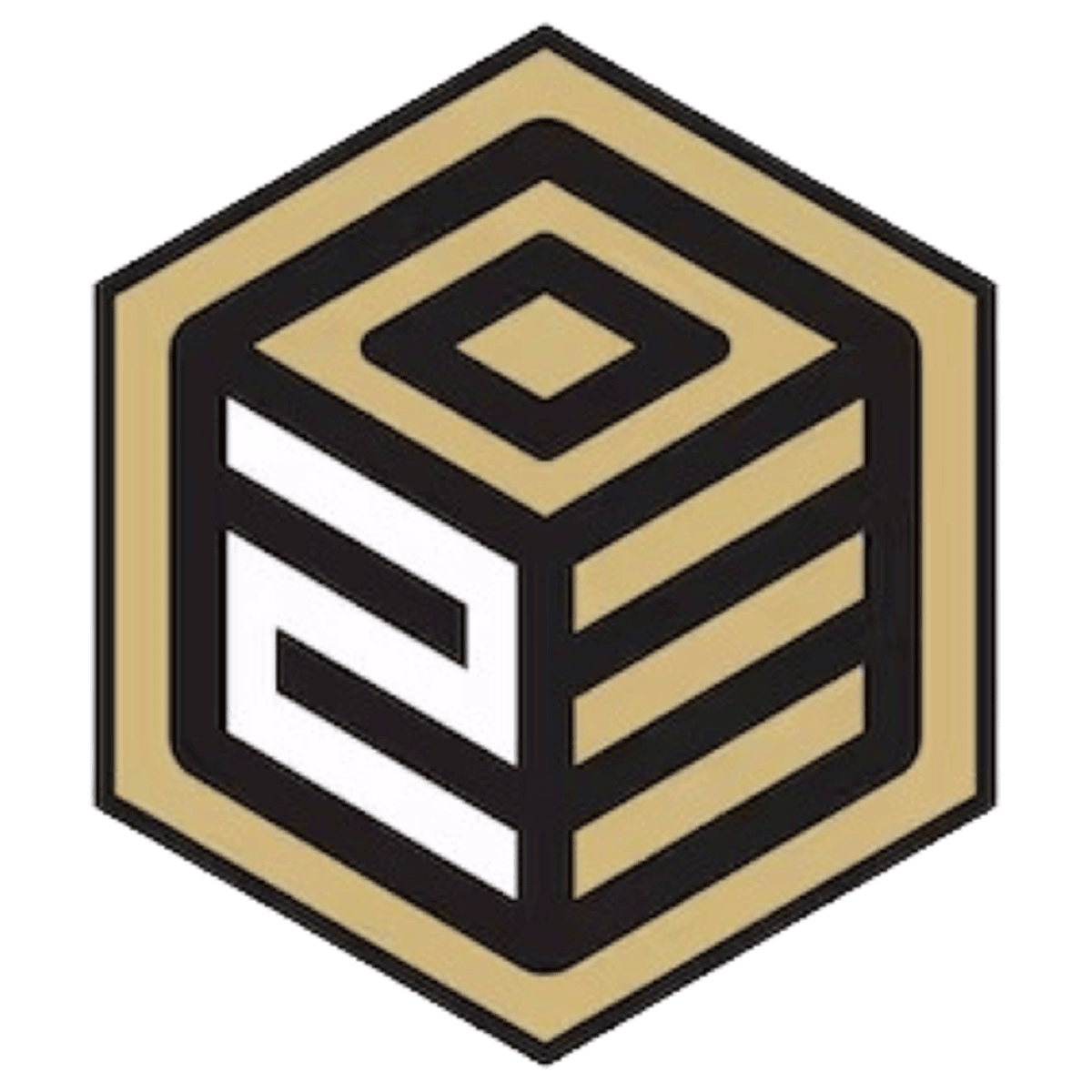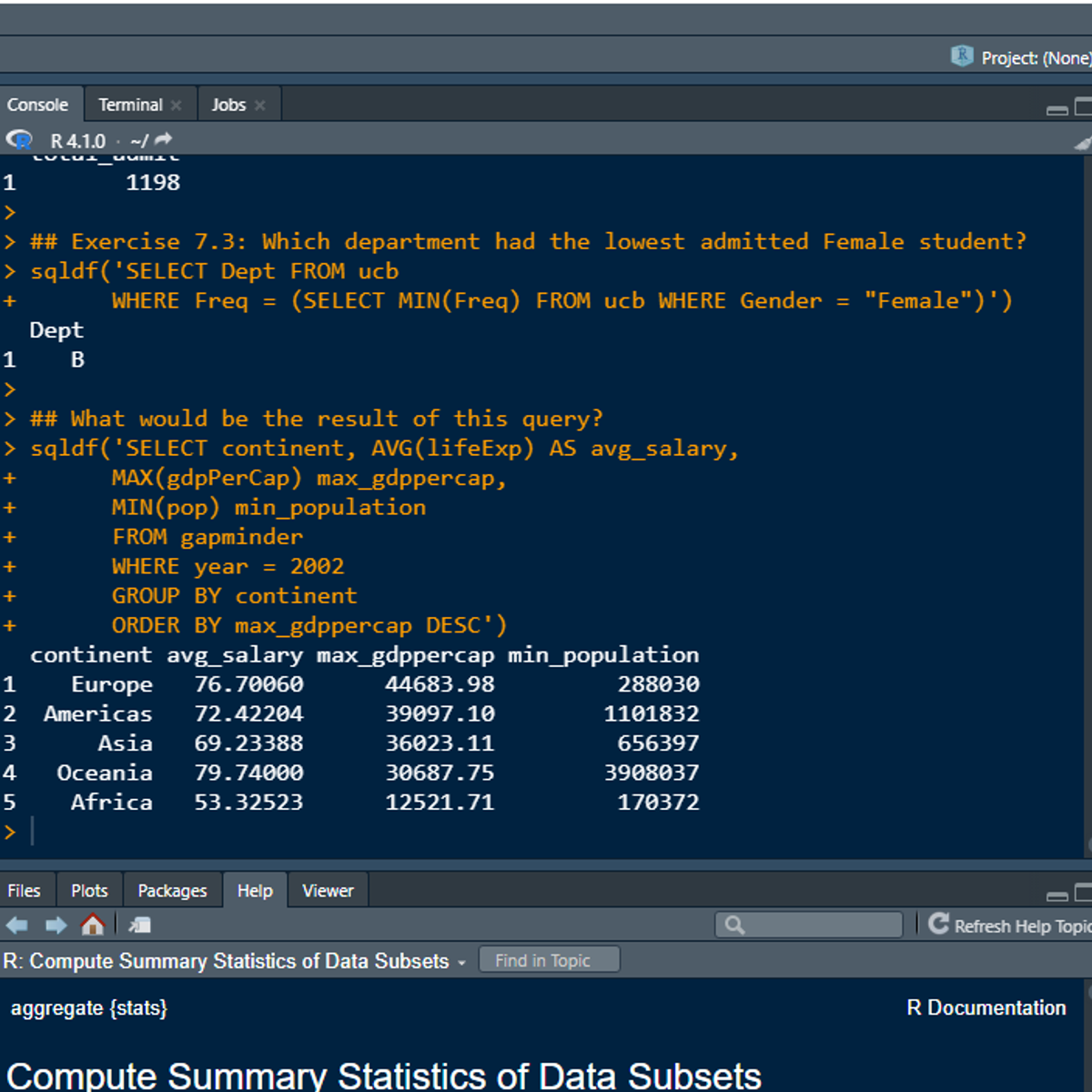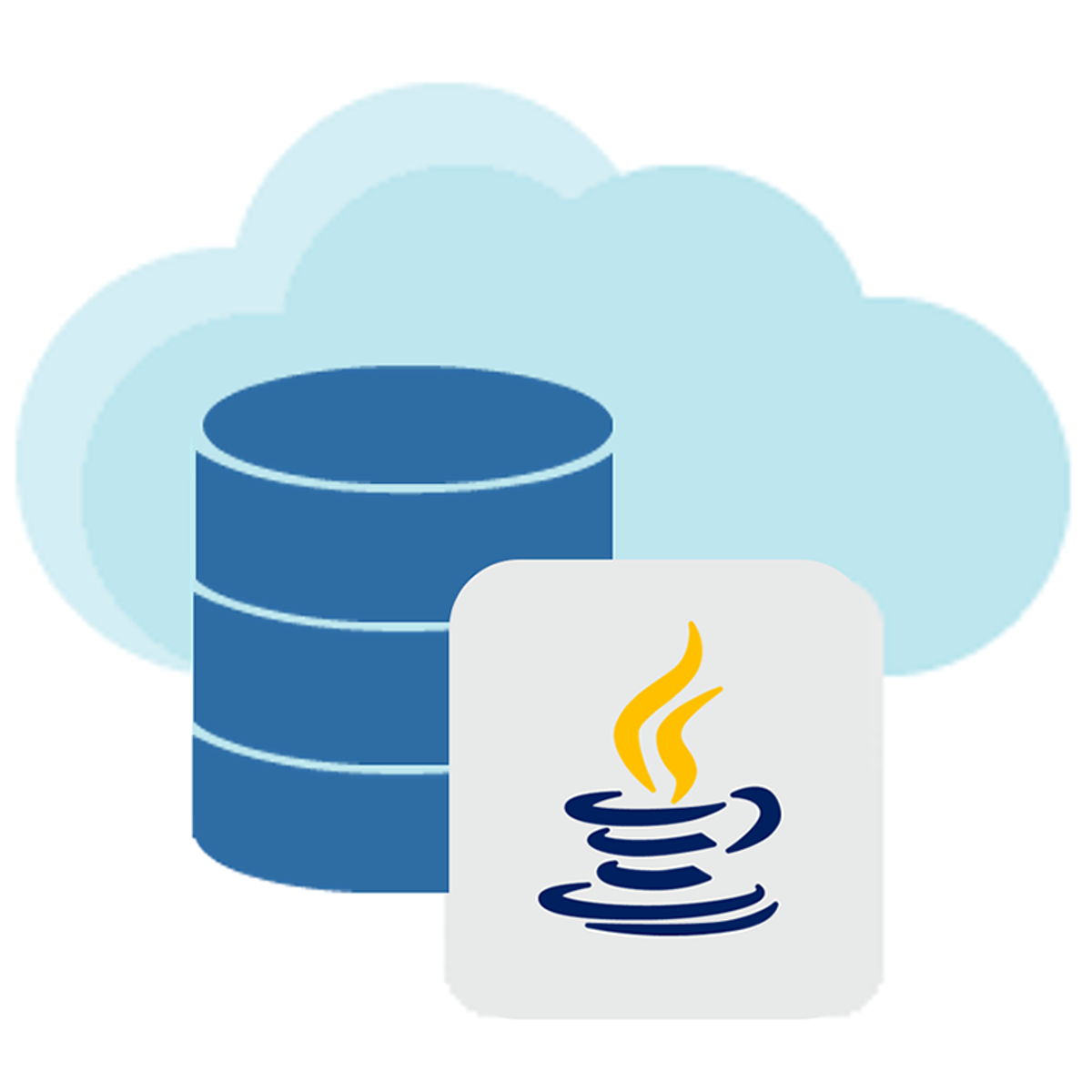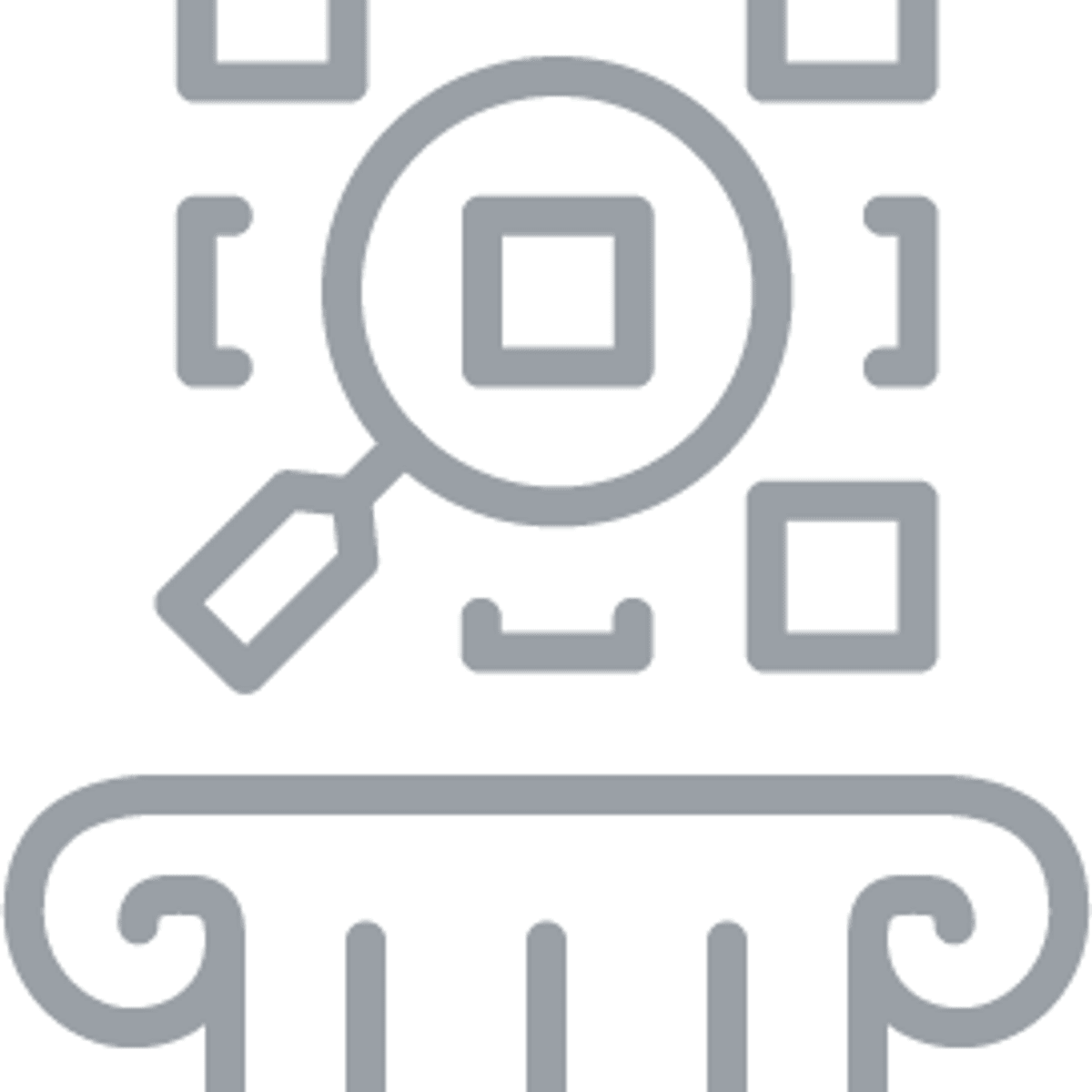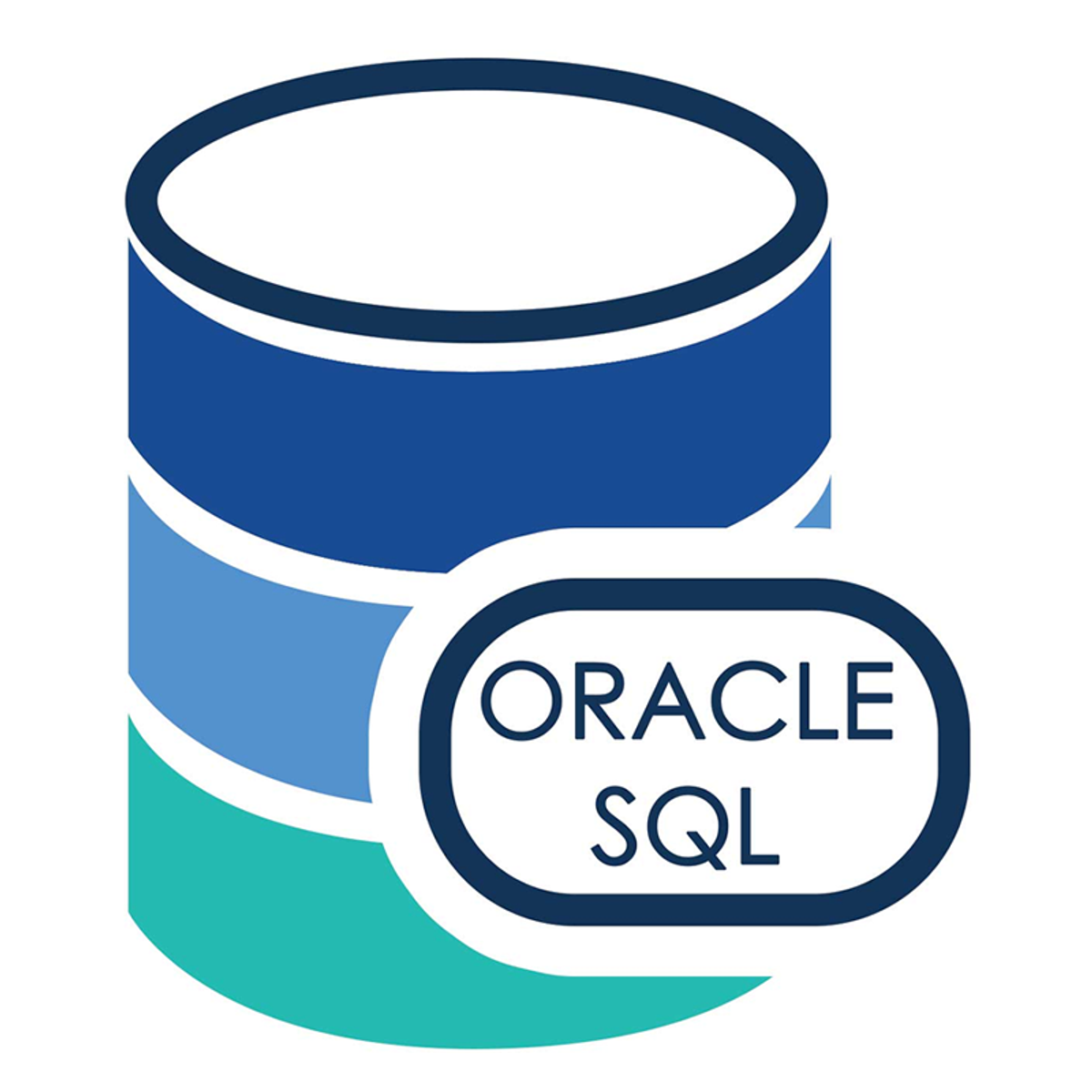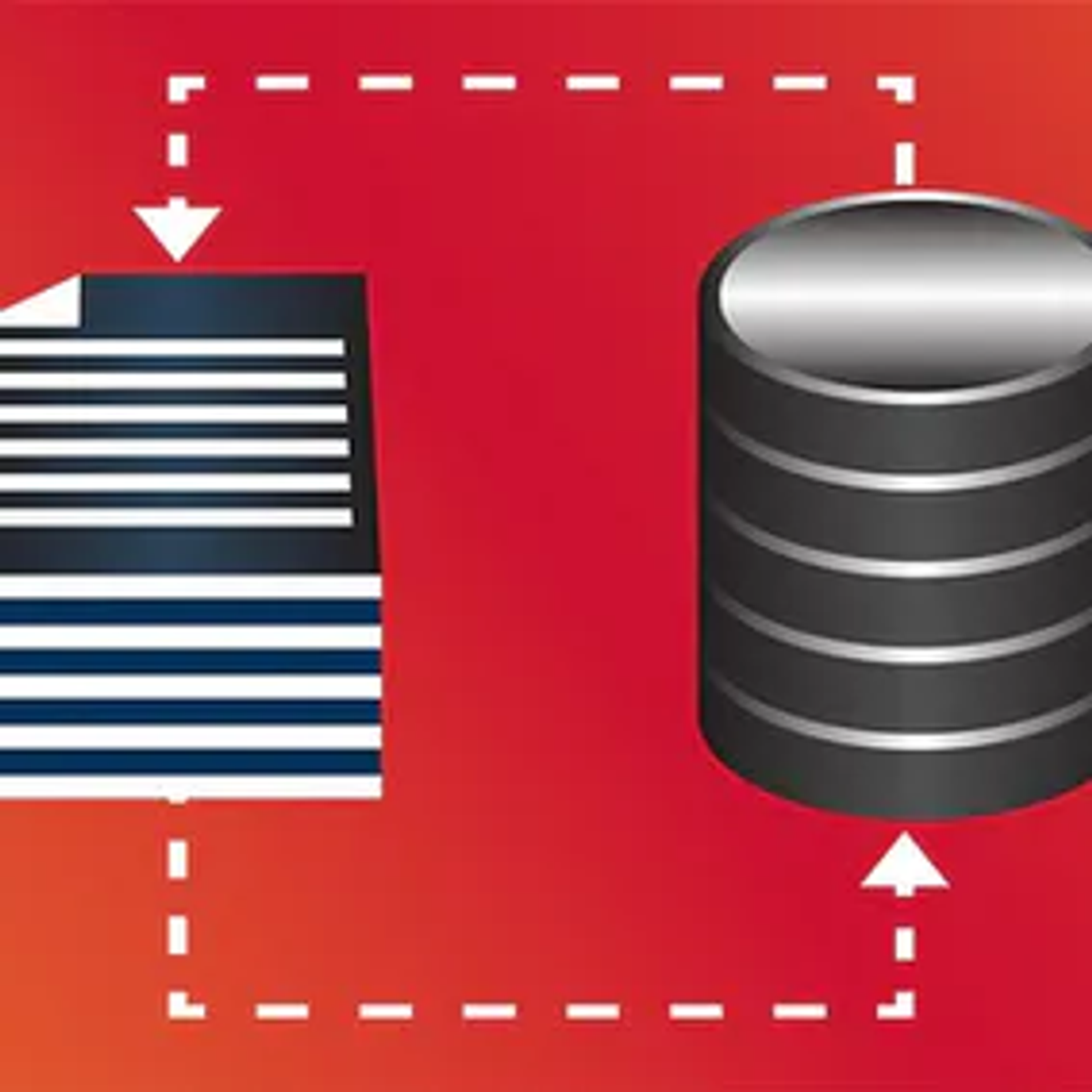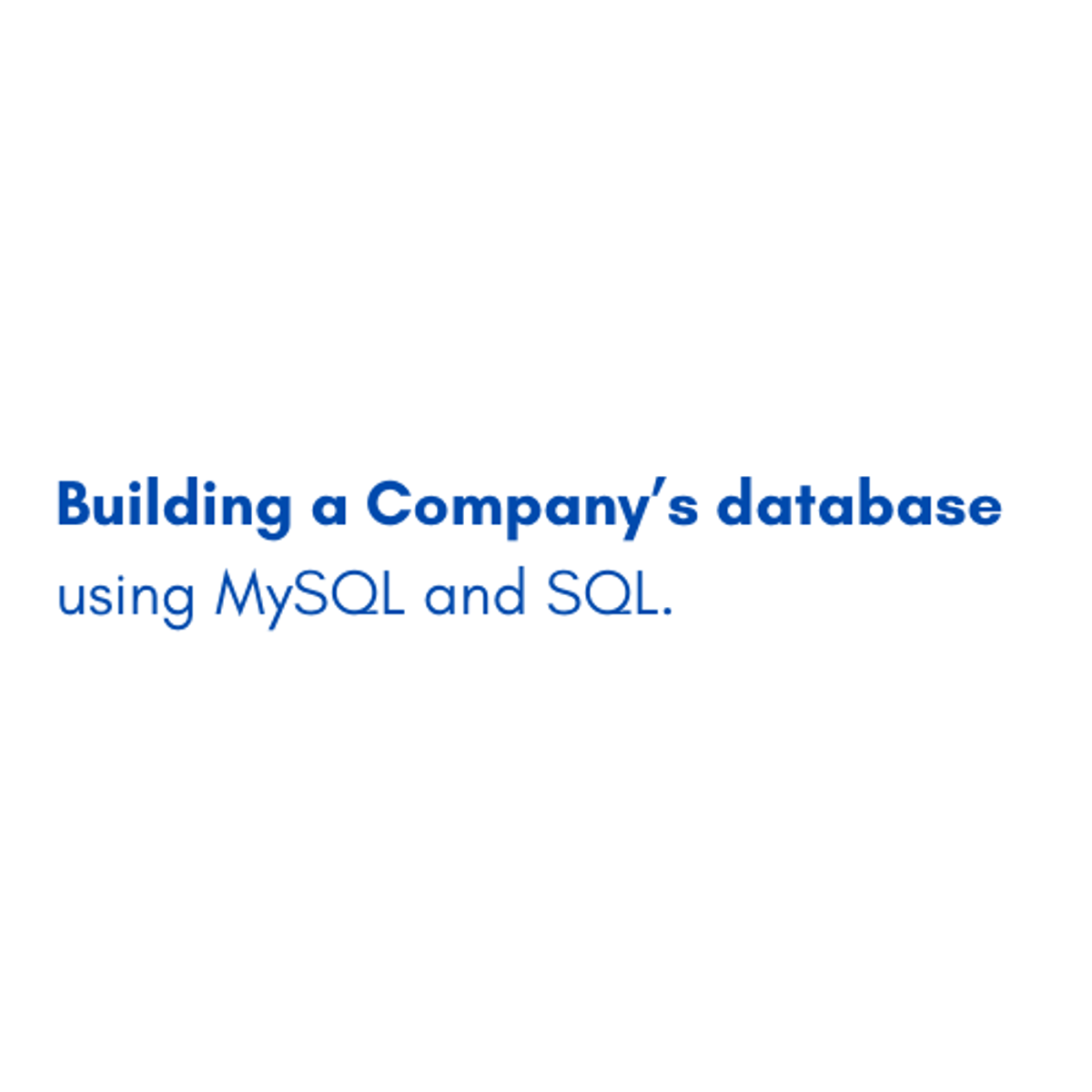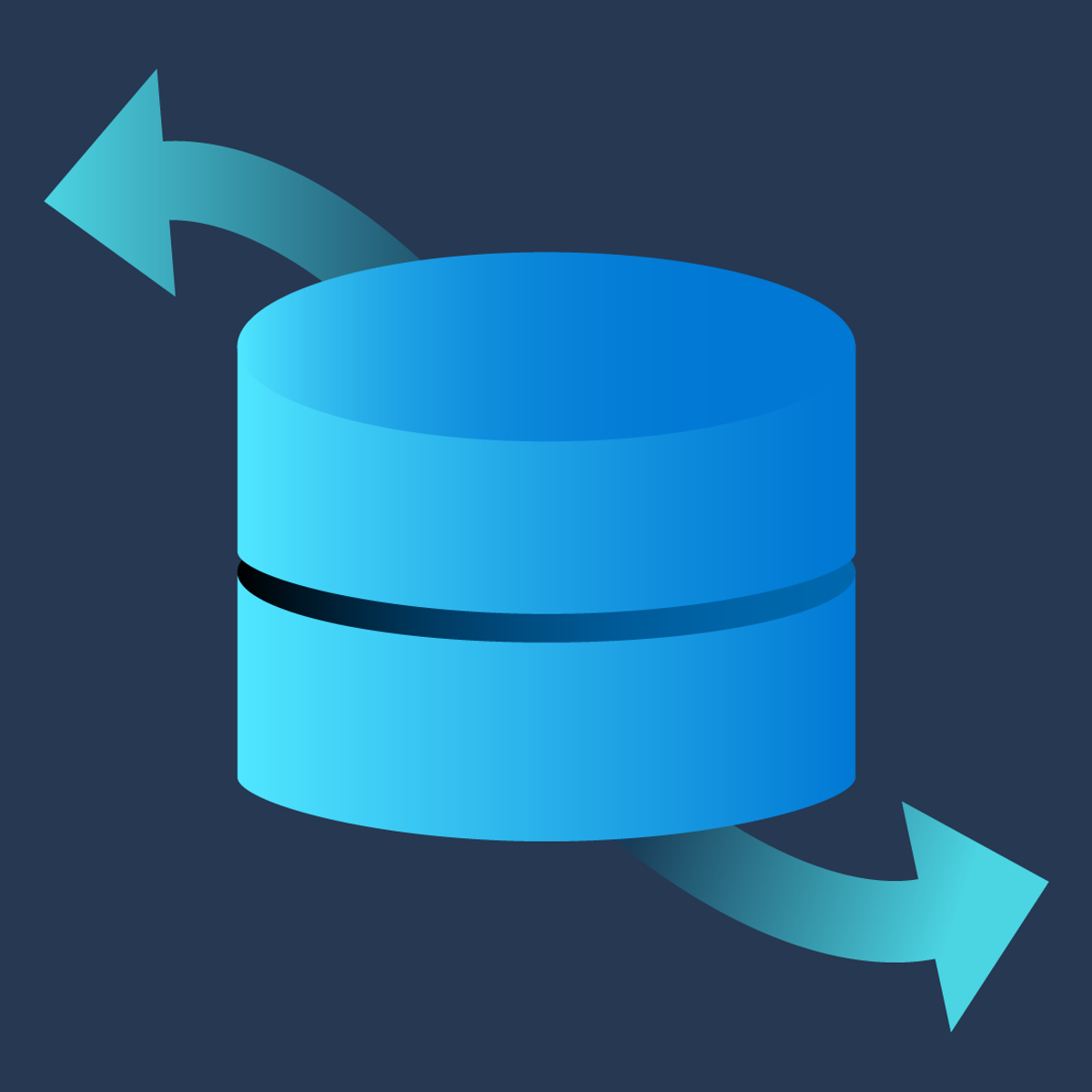SQL
SQL: Your Guide to the Language of Data
SQL, or Structured Query Language, is the standard language for managing and manipulating databases. Think of it as the universal translator for talking to databases – systems designed to store, organize, and retrieve vast amounts of information efficiently. Whether you're accessing customer records, analyzing sales figures, or managing website content, SQL is often working behind the scenes. It allows users to ask questions (queries) of the data, update records, and manage the structure of the database itself. For anyone looking to work with data, understanding SQL is a fundamental skill.
Working with SQL involves interacting directly with the heart of modern information systems. It's a field where logic meets practical application, allowing you to uncover insights hidden within data or build the systems that power applications we use daily. The ability to craft elegant queries that efficiently retrieve complex information can be deeply satisfying. Furthermore, SQL skills are highly transferable across numerous industries and roles, from tech startups to established financial institutions, making it a versatile and valuable asset in today's data-driven world.
Introduction to SQL
This section provides a foundational understanding of SQL, tailored for those new to the concept or exploring technology fields.
What Exactly is SQL and Why Use It?
SQL stands for Structured Query Language. At its core, it's a specialized programming language designed specifically for interacting with relational databases. Relational databases organize data into tables, similar to spreadsheets, with rows representing individual records and columns representing specific attributes or categories of information (like name, email address, or purchase date). SQL provides a standardized way to perform tasks such as retrieving specific data, adding new records, updating existing information, or deleting records.
The primary purpose of SQL is to provide a reliable and efficient way to manage large volumes of structured data. Before SQL and relational databases, accessing and manipulating data stored in different systems was often complex and required custom programming for each task. SQL simplified this by creating a common language, making data management more accessible and consistent across different database systems like MySQL, PostgreSQL, SQL Server, and Oracle.
Its power lies in its declarative nature: you tell the database what data you want, and the database management system (DBMS) figures out the most efficient way to get it. This contrasts with imperative languages where you have to specify how to retrieve the data step-by-step. This abstraction makes SQL relatively straightforward to learn for basic tasks, yet powerful enough for complex data analysis and manipulation.
Key Features and Capabilities
SQL offers a wide range of capabilities for interacting with databases. One key feature is its ability to perform CRUD operations: Create (inserting new data), Read (querying or retrieving data), Update (modifying existing data), and Delete (removing data). The SELECT statement, used for retrieving data, is perhaps the most frequently used and versatile command, allowing users to specify exactly which columns and rows they need, filter based on conditions (WHERE clause), sort results (ORDER BY), and group data for summary statistics (GROUP BY).
Beyond basic CRUD, SQL excels at combining data from multiple tables using JOIN operations. This is fundamental to the relational model, where data is often split across different tables to reduce redundancy and improve organization (a concept known as normalization). For example, you might join a Customers table with an Orders table to see which customers placed which orders. SQL also supports subqueries (queries nested inside other queries) and aggregate functions (like COUNT, SUM, AVG, MIN, MAX) for performing calculations on sets of data.
Other important features include Data Definition Language (DDL) commands like CREATE TABLE, ALTER TABLE, and DROP TABLE, which allow users to define and modify the database structure itself. Data Control Language (DCL) commands like GRANT and REVOKE manage user permissions and access rights, ensuring data security. These capabilities make SQL a comprehensive tool for both managing the data within a database and the structure and security of the database itself.
These foundational courses can help build a solid understanding of SQL principles and basic syntax.
To gain practical experience right away, consider this introductory book.
Where is SQL Used? Industries and Roles
SQL's ability to manage and query structured data makes it indispensable across a vast array of industries. In finance, SQL is used for analyzing market trends, managing customer accounts, and detecting fraudulent transactions. Healthcare organizations rely on SQL to manage patient records, track treatment outcomes, and analyze epidemiological data. E-commerce platforms use SQL extensively to manage product catalogs, track inventory, process orders, and analyze customer purchasing behavior.
Technology companies use SQL for everything from storing user data for web applications to analyzing logs for system performance monitoring. Marketing departments use SQL to segment customer lists for targeted campaigns and analyze campaign effectiveness. Even fields like scientific research, government, and education leverage SQL for managing large datasets. Essentially, any domain that deals with significant amounts of structured data likely uses SQL in some capacity.
Consequently, SQL proficiency is a required or highly desirable skill for numerous job roles. Data Analysts use SQL daily to extract data, perform analyses, and generate reports to inform business decisions. Database Administrators (DBAs) are responsible for designing, implementing, maintaining, and securing databases, making deep SQL knowledge essential. Data Engineers use SQL to build and maintain data pipelines (ETL processes) that move and transform data. Software Engineers, particularly back-end developers, often use SQL to interact with the databases that store application data. Business Intelligence (BI) Analysts use SQL to query data warehouses and build dashboards for stakeholders.
SQL vs. Other Data Languages
While SQL is the standard for relational databases, it's not the only language used for data manipulation. The rise of Big Data and different types of data storage systems has led to the development of other approaches, notably NoSQL (Not Only SQL) databases. NoSQL databases are designed for different data models (like document, key-value, wide-column, or graph) and often prioritize scalability and flexibility over the strict consistency guarantees of traditional relational databases.
NoSQL databases typically have their own query languages or APIs, which vary significantly between different systems (e.g., MongoDB uses a JSON-based query language, while Cassandra uses CQL, which is similar to SQL). They are often chosen for applications dealing with massive datasets, unstructured or semi-structured data, or requiring very high throughput and low latency, such as social media feeds or real-time analytics.
Another context involves data manipulation within programming languages like Python or R, often used in data science. Libraries such as Pandas (Python) or dplyr (R) provide functions for filtering, transforming, and aggregating data stored in memory (like in a DataFrame). While these libraries sometimes borrow concepts or syntax from SQL (Pandas even has functions to run SQL queries on DataFrames), they operate differently and are integrated directly within the host programming language, offering more flexibility for complex, custom data transformations and integration with machine learning workflows.
History and Evolution of SQL
Understanding SQL's past helps appreciate its current form and ongoing relevance in the ever-changing technological landscape.
Origins in Relational Database Research
SQL's roots trace back to the early 1970s and the groundbreaking work of Dr. Edgar F. Codd at IBM Research. Codd developed the theoretical foundation for the relational model of data, proposing a new way to organize and manage data based on mathematical set theory and predicate logic. His seminal paper, "A Relational Model of Data for Large Shared Data Banks," published in 1970, laid out the principles for storing data in tables (relations) and minimizing redundancy.
Following Codd's work, researchers Donald D. Chamberlin and Raymond F. Boyce, also at IBM, began developing a language to implement Codd's relational model. Their initial language, called SQUARE (Specifying Queries as Relational Expressions), proved difficult to use. They subsequently developed SEQUEL (Structured English Query Language) in the mid-1970s as a more user-friendly alternative designed to manage and retrieve data stored in IBM's prototype relational database system, System R.
SEQUEL aimed to be accessible to users without formal training in mathematics or programming, using English-like keywords such as SELECT, FROM, and WHERE. Due to a trademark dispute, the name was later shortened to SQL (officially pronounced "Ess Queue Ell," though "Sequel" remains a common pronunciation). SQL quickly gained traction due to its relative simplicity and power in handling relational data.
Standardization Milestones
As SQL gained popularity and various vendors began implementing their own relational database systems (like Oracle, Ingres, and later Microsoft SQL Server and IBM Db2), the need for a standardized version became apparent to ensure interoperability and portability of applications. The American National Standards Institute (ANSI) adopted SQL as a standard in 1986 (SQL-86), followed by the International Organization for Standardization (ISO) in 1987.
Since then, the SQL standard has undergone several revisions, each adding new features and refining existing ones. Major updates include SQL-89, SQL-92 (a significant revision adding more data types, operations, and transaction controls), SQL:1999 (adding regular expression matching, recursive queries, and triggers), SQL:2003 (introducing XML-related features and window functions), SQL:2008, SQL:2011, SQL:2016 (adding JSON support), and SQL:2023 (introducing Property Graph Query capabilities).
While a standard exists, most commercial and open-source database systems implement their own "dialects" of SQL. These dialects generally adhere to the core standard but often include proprietary extensions or variations in syntax for specific features. This means that while basic SQL commands are largely portable, more advanced queries or vendor-specific functions might require adjustments when moving between different database systems. You can find more details on the ISO SQL standards page.
Modern Adaptations and the Rise of NewSQL
In the 21st century, the data landscape shifted dramatically with the explosion of web-scale applications, cloud computing, and Big Data. This led to the rise of NoSQL databases, designed to handle challenges like massive scalability, flexible data schemas, and high availability, often by relaxing some of the strict consistency guarantees (ACID properties) of traditional relational databases.
However, the familiarity and power of SQL remained highly valued. This spurred the development of "NewSQL" databases. NewSQL systems aim to combine the scalability and availability benefits often associated with NoSQL systems with the ACID guarantees and the familiar SQL interface of traditional relational databases. Examples include systems like Google Spanner, CockroachDB, and VoltDB, often designed for cloud environments.
Furthermore, many Big Data processing frameworks and data warehouses have incorporated SQL or SQL-like interfaces. Tools like Apache Hive, Apache Spark SQL, Presto, and Google BigQuery allow users to query massive datasets stored in distributed file systems or cloud storage using familiar SQL syntax. Even some NoSQL databases have added SQL-like query capabilities to make them more accessible.
Influence on Data Management Practices
SQL's influence extends far beyond just querying databases. Its concepts have shaped how we think about data organization, integrity, and access. The relational model, coupled with SQL, promoted principles like normalization (reducing data redundancy) and data integrity (using constraints to ensure data accuracy and consistency), which became cornerstones of robust database design.
The widespread adoption of SQL created a large pool of professionals skilled in data management, fostering a common understanding and set of practices across the industry. It enabled the development of powerful Business Intelligence (BI) tools, reporting software, and data analytics platforms that rely on SQL to interact with underlying data sources. Even as new data technologies emerge, SQL often serves as a benchmark or baseline for comparison.
Its declarative nature influenced the design of other data query and manipulation languages. The longevity and adaptability of SQL demonstrate the enduring power of a well-designed standard for interacting with structured data, ensuring its continued relevance in the age of cloud computing, AI, and increasingly complex data ecosystems.
Core SQL Concepts and Syntax
Mastering the fundamental building blocks of SQL is crucial for anyone wanting to work effectively with relational databases.
Data Definition vs. Data Manipulation
SQL commands are broadly categorized into different sub-languages based on their function. Two primary categories are Data Definition Language (DDL) and Data Manipulation Language (DML). Understanding the distinction is fundamental to using SQL effectively.
DDL commands are used to define, modify, and remove database objects like tables, indexes, and views. Think of DDL as the blueprint language – it shapes the structure where data will reside. Key DDL commands include CREATE (e.g., CREATE TABLE to make a new table), ALTER (e.g., ALTER TABLE to add or remove columns), and DROP (e.g., DROP TABLE to delete a table entirely). These commands change the schema or structure of the database.
DML commands, on the other hand, are used to manage the data within those structures. DML is about interacting with the records stored in the tables. The core DML commands correspond to the CRUD operations: INSERT (to add new rows/records), SELECT (to retrieve data), UPDATE (to modify existing records), and DELETE (to remove records). While SELECT is technically for querying, it's often grouped with DML because it operates on the data itself.
These courses offer a solid grounding in both DDL and DML, covering the essential commands for structuring and manipulating data.
Explain Like I'm 5: CRUD Operations
Imagine your data lives in labeled boxes (tables). Each box has neat rows of information inside.
CREATE (using INSERT): This is like adding a brand new toy to a specific box. You tell SQL, "Put this new toy (data) into the 'Toys' box (table)." For example: INSERT INTO Customers (Name, Email) VALUES ('Alice', 'alice@example.com'); This adds a new customer named Alice.
READ (using SELECT): This is like asking to see specific toys from a box. You might say, "Show me all the red toys from the 'Toys' box." SQL translates this: SELECT ToyName FROM Toys WHERE Color = 'Red'; This retrieves the names of all red toys.
UPDATE: This is like changing something about a toy already in the box. Maybe you repaint a blue car green. You tell SQL, "Find the blue car in the 'Toys' box and change its color to green." For example: UPDATE Products SET Price = 15.99 WHERE ProductID = 123; This changes the price of product 123.
DELETE: This is like taking a toy out of the box permanently. You say, "Remove the broken robot from the 'Toys' box." SQL understands: DELETE FROM Orders WHERE OrderStatus = 'Cancelled'; This removes all cancelled orders.
These four actions – adding, seeing, changing, and removing – are the basic ways we interact with the data stored inside our database tables using SQL.
Connecting Data: Joins, Subqueries, and Aggregation
Real-world data is rarely stored in a single table. To avoid repetition and keep data organized, information is often split across multiple related tables. SQL provides powerful mechanisms to combine and summarize this related data.
Joins are used to combine rows from two or more tables based on a related column between them. The most common type is the INNER JOIN, which returns only the rows where the join condition (e.g., matching customer IDs in both Customers and Orders tables) is met. Other types like LEFT JOIN, RIGHT JOIN, and FULL OUTER JOIN allow you to include rows from one or both tables even if there isn't a match in the other table, which is useful for finding customers without orders, for example.
Subqueries (or nested queries) are queries embedded within another SQL query. They allow you to perform multi-step operations. For instance, you could use a subquery to find all employees whose salary is above the company average: the inner query calculates the average salary, and the outer query selects employees earning more than that average. Subqueries can appear in the SELECT, FROM, WHERE, or HAVING clauses.
Aggregation involves performing calculations across multiple rows to produce a single summary value. This is done using aggregate functions like COUNT (number of rows), SUM (total value), AVG (average value), MIN (minimum value), and MAX (maximum value). Aggregation is often used with the GROUP BY clause, which groups rows that have the same values in specified columns, allowing you to calculate aggregates for each group (e.g., find the total sales for each product category).
These courses delve deeper into these essential techniques for working with related data and deriving meaningful summaries.
Boosting Performance: Indexing and Optimization Basics
Writing SQL queries that return the correct results is only half the battle; ensuring they run efficiently, especially on large datasets, is equally important. Slow queries can cripple application performance and user experience. SQL optimization involves techniques to make queries run faster.
One of the most fundamental optimization techniques is indexing. An index is a special data structure (like an index in the back of a book) that allows the database system to find rows matching specific criteria much faster than scanning the entire table. Indexes are typically created on columns frequently used in WHERE clauses or JOIN conditions. While indexes speed up data retrieval (SELECT), they can slightly slow down data modification (INSERT, UPDATE, DELETE) because the index also needs to be updated.
Beyond indexing, query optimization involves writing efficient SQL code. This can include selecting only necessary columns, filtering data as early as possible using WHERE clauses, avoiding overly complex joins or subqueries where simpler alternatives exist, and understanding how the specific database system executes queries (using tools like EXPLAIN or EXPLAIN ANALYZE to view the query plan). Database administrators also tune server configuration parameters to optimize overall performance.
This highly-rated book is a classic resource for understanding SQL query performance.
These courses touch upon performance considerations and advanced query techniques.
SQL in Real-World Applications
SQL is not just a theoretical language; it's a workhorse powering countless applications and business processes across diverse sectors.
Business Intelligence and Reporting
Business Intelligence (BI) involves transforming raw data into actionable insights that help organizations make better decisions. SQL is the backbone of most BI activities. BI analysts and data analysts use SQL extensively to query large datasets stored in data warehouses or data marts.
They write SQL queries to extract specific information, aggregate data (e.g., calculating total sales per region, average customer lifetime value), filter results based on business criteria, and join data from various sources to create comprehensive views. The results of these SQL queries often feed directly into reporting tools and dashboarding platforms (like Tableau, Power BI, or Looker), which visualize the data for business users.
Without SQL, accessing and preparing the necessary data for BI would be significantly more difficult and time-consuming. Efficient SQL querying is crucial for generating timely reports and enabling real-time or near-real-time monitoring of key performance indicators (KPIs).
These courses focus on applying SQL specifically for data analysis and business intelligence tasks.
Data Migration and ETL Processes
Data migration involves moving data from one system or format to another. This is common during system upgrades, cloud adoption, or when consolidating data from multiple sources. ETL (Extract, Transform, Load) is a specific type of data pipeline process used extensively in data warehousing and data integration. SQL plays a vital role in both migration and ETL.
In the Extract phase, SQL queries are often used to pull data from source relational databases. In the Transform phase, SQL can be used within staging databases or directly in ETL tools to clean data (e.g., handle missing values, standardize formats), apply business rules, aggregate data, and restructure it to fit the target schema. For example, SQL might be used to join customer and order data, calculate derived metrics, or convert data types.
In the Load phase, while bulk loading tools are often used, SQL INSERT or UPDATE statements might be employed for loading transformed data into the target database or data warehouse. Data engineers rely heavily on SQL, often in conjunction with scripting languages and specialized ETL tools, to build, manage, and optimize these critical data movement processes.
Integration with Programming Languages
While SQL is powerful for database interaction, most real-world applications are built using general-purpose programming languages like Python, Java, C#, PHP, or Ruby. These languages need a way to communicate with databases to store and retrieve application data. SQL provides the standard interface for this communication.
Most programming languages have libraries or frameworks (like JDBC for Java, Python's psycopg2 for PostgreSQL or mysql.connector, or PHP's PDO) that allow developers to embed SQL queries directly into their application code. These libraries handle connecting to the database, executing SQL statements, and retrieving results, which can then be processed and used within the application logic.
Alternatively, many modern frameworks utilize Object-Relational Mappers (ORMs) like SQLAlchemy (Python), Hibernate (Java), or Entity Framework (C#). ORMs provide an abstraction layer, allowing developers to interact with the database using objects and methods native to the programming language, which the ORM then translates into SQL queries behind the scenes. While ORMs can simplify development, understanding the underlying SQL generated is often crucial for debugging and performance optimization.
These courses demonstrate how SQL is used in conjunction with popular programming languages like R and Java.
This book covers integrating SQL databases with web applications using PHP and MySQL.
Case Studies Across Sectors
SQL's versatility is evident in its application across diverse industries. In Finance, investment banks use SQL to analyze trading data, calculate portfolio risk, and generate regulatory reports. Retail banks manage millions of customer accounts and transactions using SQL-backed databases.
In Healthcare, hospitals and research institutions use SQL databases to store electronic health records (EHRs). Researchers query these databases (often after de-identification) to study disease patterns, treatment efficacy, and population health trends. SQL helps manage clinical trial data and track patient outcomes.
E-commerce giants like Amazon or Alibaba rely heavily on SQL (and NoSQL) databases to manage massive product catalogs, customer profiles, order histories, and supplier information. SQL queries power product recommendations, inventory management, and sales analytics dashboards that track performance in real-time.
In Telecommunications, SQL databases manage customer billing information, call detail records, and network infrastructure data. Queries help analyze network performance, identify service outages, and segment customers for marketing offers. These examples highlight just a fraction of the ways SQL underpins critical operations and decision-making processes globally.
Career Opportunities Using SQL
Proficiency in SQL opens doors to a wide range of data-centric careers. It's a foundational skill often listed in job descriptions for roles involving data analysis, management, or engineering.
Entry-Level Roles Requiring SQL
For those starting their careers or transitioning into data-related fields, SQL is often a key requirement for entry-level positions. Roles like Data Analyst typically involve extracting data using SQL, cleaning it, performing analysis (often in tools like Excel or Python/R after extraction), and creating reports or visualizations. Junior Database Administrators (DBAs) focus on routine maintenance, monitoring, backups, and basic user management, all requiring SQL commands.
Other entry points include roles like Business Intelligence (BI) Analyst, where SQL is used to query data warehouses and support dashboard creation, or even certain Marketing Analyst roles that require querying customer databases. Some Quality Assurance (QA) roles, especially those testing database-driven applications, also benefit from SQL knowledge for data validation.
Developing strong foundational SQL skills through online courses or formal education, coupled with practical projects, can significantly enhance employability for these entry-level positions. Remember that while SQL is crucial, these roles often require complementary skills like spreadsheet proficiency, basic statistics, communication skills, and familiarity with relevant business domains.
These resources can help you prepare for SQL-focused roles and understand the broader data landscape.
Mid-Career Specialization Paths
As professionals gain experience, SQL skills serve as a foundation for various specialization paths. An experienced Data Analyst might evolve into a Senior Data Analyst, focusing on more complex analyses and mentoring junior analysts, or transition into a Data Scientist role, combining SQL with advanced statistics, machine learning, and programming (Python/R).
Database Administrators can specialize in specific database technologies (e.g., Oracle DBA, PostgreSQL DBA), performance tuning, database security, or cloud database administration (managing databases on platforms like AWS, Azure, or Google Cloud). Data Engineers specialize in designing, building, and maintaining data pipelines and infrastructure, often requiring advanced SQL, scripting, and knowledge of Big Data technologies (like Spark, Hadoop) and cloud platforms.
Business Intelligence professionals can move into BI architecture roles, designing end-to-end BI solutions, or focus on data warehousing, designing and managing large-scale data repositories. Some individuals leverage deep SQL and domain expertise to become Database Developers, focusing on writing complex stored procedures, functions, and optimizing database code for specific applications.
These advanced courses cater to those looking to deepen their SQL expertise for specialized roles.
Freelancing and Contract Work Opportunities
SQL proficiency is also highly valuable in the freelance and contract market. Many businesses, especially small to medium-sized ones, require database expertise for specific projects but may not need a full-time employee. This creates opportunities for skilled SQL professionals to work on a contract basis.
Freelance projects can range from designing and implementing a new database for a startup, optimizing queries for an existing application, migrating data between systems, developing custom reports, or setting up ETL processes. Platforms like Upwork, Fiverr, and Toptal often list numerous projects requiring SQL skills across various domains.
Success in freelancing often requires not only strong technical skills in SQL and related technologies but also good communication, project management abilities, and the capacity to understand client requirements quickly. Building a portfolio of successful projects and positive client testimonials is crucial for attracting ongoing work in the competitive freelance landscape.
Salary Ranges and Geographic Demand
Salaries for SQL-related roles vary significantly based on factors like specific job title, years of experience, industry, company size, geographic location, and the complexity of required skills (e.g., combining SQL with cloud expertise or machine learning often commands higher salaries). Entry-level Data Analyst roles might start lower, while experienced Data Engineers, Data Scientists, or specialized DBAs in high-demand areas can earn substantial incomes.
Demand for SQL skills remains consistently high globally, particularly in major technology hubs, financial centers, and areas with a strong presence of data-driven industries. According to the U.S. Bureau of Labor Statistics, employment for database administrators and architects is projected to grow, although growth rates can fluctuate based on economic conditions and technological shifts. Many consulting firms like Robert Half publish annual salary guides that provide more specific benchmarks for various tech roles, often highlighting SQL as a key skill.
While remote work opportunities have increased, geographic location still impacts salary levels due to cost of living differences and local market demand. Regardless of location, SQL remains a highly marketable skill, providing a solid foundation for a career in the growing field of data.
Formal Education Pathways for SQL
While self-learning is viable, formal education provides structured learning, theoretical depth, and recognized credentials that can be advantageous for long-term career development in database management and related fields.
Relevant Undergraduate Degrees
Several undergraduate degree programs provide a strong foundation for careers involving SQL. A Bachelor's degree in Computer Science is a common pathway, typically offering courses in database systems, algorithms, data structures, and programming, which are all relevant. Graduates are well-prepared for roles like Database Developer, Software Engineer, or Data Engineer.
Degrees in Information Systems (IS) or Management Information Systems (MIS) bridge business and technology. These programs often include database management courses focusing on SQL, database design, and how databases support business processes. Graduates are often suited for roles like Data Analyst, Business Intelligence Analyst, or Database Administrator, where understanding both technical aspects and business context is important.
Other related degrees include Statistics, Mathematics, or even specific Business Analytics programs. These often incorporate data management and SQL courses alongside statistical modeling and analysis techniques, preparing graduates particularly well for Data Analyst or Data Scientist roles.
Graduate Programs Emphasizing Data Management
For deeper specialization or research-oriented careers, graduate programs offer advanced study. A Master's degree in Computer Science, Data Science, or Information Systems often allows students to concentrate on database systems, data mining, Big Data technologies, or data analytics. These programs delve into advanced SQL topics, database theory, performance tuning, distributed databases, and data warehousing.
Specialized Master's programs in Business Analytics or Data Science heavily integrate SQL and database management alongside machine learning, statistical modeling, and data visualization. These programs are designed to produce graduates ready for advanced analyst or data scientist positions.
A Ph.D. in Computer Science with a focus on databases is typically pursued by those interested in research careers in academia or industrial research labs. Ph.D. research might explore novel database architectures, query optimization techniques, data stream processing, or the intersection of databases and AI.
Research Opportunities in Database Theory
Academic research in database theory continues to evolve, addressing new challenges posed by changing data landscapes and computational capabilities. Areas of active research include optimizing queries for modern hardware (like GPUs or persistent memory), developing new techniques for managing uncertain or probabilistic data, improving the efficiency and scalability of distributed databases and transaction processing, and integrating database systems more tightly with machine learning workflows.
Researchers also explore foundational topics like query language design, data consistency models, data privacy techniques (e.g., differential privacy applied to databases), and the theoretical limits of data management. Universities with strong computer science departments often have database research groups where graduate students can contribute to these cutting-edge areas.
While deep theoretical research is primarily the domain of Ph.D. students and academic faculty, advancements in these areas often influence the features and capabilities found in commercial and open-source database systems years later.
Certifications Complementing Academic Study
Alongside formal degrees, professional certifications can validate specific skills and enhance employability. Several vendor-specific certifications are highly recognized, such as Oracle Certified Professional (OCP) for Oracle databases, Microsoft Certified: Azure Database Administrator Associate, or Google Cloud Certified Professional Cloud Database Engineer. These certifications demonstrate proficiency in administering and developing applications for specific popular database platforms.
Vendor-neutral certifications focusing on broader data management concepts also exist, although they might be less common than platform-specific ones. Certifications in related areas like data analytics (e.g., Google Data Analytics Professional Certificate), cloud computing (AWS Certified Solutions Architect, Microsoft Certified: Azure Fundamentals), or data engineering can also complement SQL skills and broaden career options.
While certifications don't replace practical experience or a formal degree, they can be a valuable addition to a resume, particularly when targeting roles involving specific technologies. Many online courses, including some available through OpenCourser, are designed to help learners prepare for these certification exams.
This course specifically prepares learners for an Oracle SQL certification exam.
This book, while not solely focused on certification, covers Oracle SQL extensively, which is relevant for Oracle certifications.
Self-Directed Learning and Online Resources
Formal education isn't the only path to SQL mastery. With discipline and the right resources, self-directed learning, particularly through online courses, offers a flexible and effective way to acquire valuable SQL skills, whether you're pivoting careers or enhancing existing expertise.
Crafting Your SQL Learning Path
Embarking on self-study requires structure. Start by defining your goals: Are you aiming for a specific job role (like Data Analyst)? Do you need SQL for a particular project? Or are you learning out of general interest? Your goals will shape your learning path.
A typical path begins with the fundamentals: understanding relational database concepts (tables, keys, relationships) and basic SQL syntax (SELECT, FROM, WHERE, INSERT, UPDATE, DELETE). Gradually progress to intermediate topics like JOINs, GROUP BY, aggregate functions, and subqueries. Finally, tackle advanced concepts relevant to your goals, such as window functions, common table expressions (CTEs), stored procedures, indexing, and performance tuning.
Break down your learning into manageable chunks. Set realistic timelines and dedicate regular study time. Mix theoretical learning (understanding concepts) with practical application (writing queries). Don't try to memorize every command initially; focus on understanding the core principles and practice frequently.
OpenCourser's extensive catalog allows you to browse programming courses and find resources covering different SQL levels and database systems. You can use the "Save to List" feature to curate your own learning path.
Learning by Doing: The Power of Projects
Passive learning (reading or watching videos) is insufficient for mastering SQL. Active learning through hands-on projects is crucial. As you learn new concepts, immediately apply them by writing queries against sample databases. Many online courses include built-in coding environments or provide datasets for practice.
Seek out project ideas that mimic real-world scenarios. You could download publicly available datasets (e.g., government data, sports statistics, movie databases) and load them into a database (like PostgreSQL or MySQL, which are free to install). Then, challenge yourself to answer specific questions using SQL: Find the top 10 highest-grossing movies, calculate the average population density by state, or identify trends in sports team performance over time.
Consider building a small application that requires a database backend, even a simple one like a personal library catalog or a workout tracker. This forces you to think about database design (DDL) as well as data manipulation (DML). Documenting your projects, perhaps on GitHub or a personal blog, creates a portfolio demonstrating your practical skills to potential employers.
Many courses emphasize project-based learning, providing structured environments to apply skills.
Online Courses: A Flexible Route to SQL Mastery
Online courses have revolutionized self-directed learning, offering unparalleled flexibility and accessibility for acquiring SQL skills. Platforms host a vast array of SQL courses, catering to different skill levels (beginner, intermediate, advanced), specific database systems (MySQL, PostgreSQL, SQL Server, Oracle), and particular applications (SQL for Data Science, SQL for Web Development, SQL for Business Intelligence).
These courses often combine video lectures, readings, quizzes, and interactive coding exercises, providing a well-rounded learning experience. Many are self-paced, allowing you to learn around your existing schedule. Some offer certificates upon completion, which can be a valuable addition to your resume or LinkedIn profile. OpenCourser's Learner's Guide offers tips on how to effectively use online courses and evaluate the value of certificates.
When choosing courses, consider factors like instructor expertise, course structure, learner reviews, and whether the content aligns with your learning goals. OpenCourser helps compare options by providing summaries, syllabi (when available), aggregated reviews, and even highlighting deals and discounts. The platform's comprehensive search makes finding the right SQL course easier than ever.
These popular courses are highly rated and cover a broad range of SQL topics, suitable for self-learners.
This comprehensive book is excellent for self-study, covering a wide range of SQL scenarios.
Beyond Courses: Engaging with the SQL Community
Learning doesn't happen in isolation. Engaging with the broader SQL community can accelerate your progress and provide valuable support. Online forums like Stack Overflow have dedicated sections where you can ask questions, search for answers to common problems, and learn from experienced practitioners.
Many database systems (especially open-source ones like PostgreSQL and MySQL) have active online communities with mailing lists, forums, and chat channels. Participating in these communities, even just by reading discussions, exposes you to real-world challenges and solutions.
Contributing to open-source database projects or related tools, if you have the programming skills, is an excellent way to deepen your understanding and build your portfolio. Following influential database experts or companies on social media or blogs can also keep you updated on the latest trends and best practices.
Emerging Trends in SQL Technologies
SQL is not static; it continues to evolve alongside broader technological advancements, adapting to new challenges and opportunities in data management.
Cloud-Native SQL Implementations
The shift towards cloud computing has profoundly impacted database technologies. Cloud providers (like AWS, Google Cloud, Azure) offer managed relational database services (e.g., Amazon RDS, Azure SQL Database, Google Cloud SQL) that simplify deployment, scaling, backups, and maintenance. These services allow organizations to leverage SQL databases without managing the underlying infrastructure.
Beyond managed versions of traditional databases, entirely new cloud-native SQL databases have emerged. Systems like Google Spanner, Amazon Aurora, and Azure Synapse Analytics are designed from the ground up for the cloud, often offering features like global distribution, automatic scaling, serverless options, and tight integration with other cloud services. These platforms aim to provide the benefits of cloud scalability while retaining SQL compatibility and strong consistency guarantees.
This trend means SQL skills are increasingly applied within cloud environments, and familiarity with cloud database services is becoming a valuable asset for database professionals and data engineers.
Machine Learning Integration
The lines between database management and machine learning (ML) are blurring. Increasingly, database systems are incorporating features that allow ML models to be trained or executed directly within the database, closer to the data itself. This avoids the need to move large datasets out of the database for ML processing, potentially improving efficiency and simplifying workflows.
Some databases now support SQL extensions for invoking ML models or performing predictive analytics directly within queries (e.g., PREDICT functions). Cloud platforms often offer integrated services, like Google BigQuery ML, which allows users to create and execute ML models using SQL commands. This trend enables data analysts and SQL-savvy professionals to leverage ML capabilities without necessarily needing deep expertise in ML programming frameworks.
Furthermore, ML techniques are being used within database systems themselves, for tasks like automated index selection, query optimization, and anomaly detection in database performance, leading to more self-tuning and self-managing databases.
Real-time Analytics and Streaming SQL
Traditional SQL databases excel at querying data at rest. However, many modern applications generate continuous streams of data (e.g., sensor readings, website clickstreams, financial transactions). There's a growing need to analyze this data in real-time or near-real-time as it arrives.
This has led to the development of stream processing engines (like Apache Flink, Apache Kafka Streams, Apache Spark Streaming) and specialized streaming databases. Many of these platforms are incorporating SQL-like interfaces, often referred to as "Streaming SQL" or "Continuous Queries."
Streaming SQL adapts standard SQL concepts to operate on unbounded data streams. It allows users to define queries that continuously process incoming data, performing tasks like filtering, transformations, aggregations over time windows (e.g., calculating the average sensor reading over the last 5 minutes), and detecting patterns in real-time. This makes sophisticated stream analysis more accessible to those already familiar with SQL.
Sustainability Considerations in Database Management
As data volumes grow exponentially, the energy consumption and environmental footprint of data centers, including those housing large database systems, are becoming significant concerns. The field of Green IT is exploring ways to make computing more sustainable, and this extends to database management.
Trends include designing more energy-efficient database algorithms and data structures, optimizing query processing to reduce computational load, and developing better strategies for data placement and resource allocation in distributed and cloud databases to minimize energy use. Cloud providers are increasingly investing in renewable energy sources for their data centers.
Database administrators and architects may increasingly need to consider the energy implications of their design choices, such as indexing strategies, data partitioning, and hardware selection or cloud service tiers. While still an emerging area, sustainability is likely to become a more prominent factor in database technology development and deployment practices.
Ethical Considerations in SQL Usage
Using SQL grants significant power to access and manipulate data. With this power comes the responsibility to use it ethically and securely, respecting privacy and avoiding bias.
Data Privacy Regulations
Numerous regulations worldwide govern the collection, storage, and processing of personal data. Prominent examples include the General Data Protection Regulation (GDPR) in the European Union and the California Consumer Privacy Act (CCPA). These laws impose strict requirements on how organizations handle personal information, including data stored in SQL databases.
SQL users, particularly DBAs and developers, must be aware of these regulations. This includes implementing appropriate security measures to prevent unauthorized access, ensuring data accuracy, facilitating individuals' rights (like the right to access or delete their data, which often requires specific SQL operations), and potentially using techniques like data masking or pseudonymization (which can be implemented using SQL functions or views) when working with sensitive data for analysis or testing.
Failure to comply with privacy regulations can result in significant fines and reputational damage. Therefore, understanding the privacy implications of database design and SQL usage is crucial. Resources like the official GDPR website provide detailed information.
Bias in Dataset Design and Query Results
Databases and the queries run against them can inadvertently perpetuate or even amplify societal biases. Bias can creep in during the data collection process (e.g., if certain demographics are underrepresented) or in how data is categorized and stored in the database schema.
Furthermore, the way SQL queries are formulated can lead to biased results. For example, an analyst querying hiring data might unintentionally exclude certain groups if their filtering criteria disproportionately affect them. Aggregating data without considering underlying demographic distributions can also mask important disparities.
Professionals using SQL need to be mindful of potential biases in their data sources and query logic. This involves critically examining data definitions, considering alternative ways to frame queries, and being cautious about drawing conclusions from potentially skewed results. Promoting diverse teams and incorporating fairness checks into data analysis workflows can help mitigate these risks.
Security Best Practices for Databases
Protecting databases from unauthorized access, modification, or destruction is paramount. SQL itself provides mechanisms for security through DCL commands (GRANT, REVOKE) to manage user privileges, ensuring users only have access to the data and operations they need (principle of least privilege).
However, database security extends beyond basic permissions. It involves secure configuration of the database server, regular patching, encrypting sensitive data both at rest (in storage) and in transit (over the network), implementing strong authentication mechanisms, and regularly auditing database activity to detect suspicious behavior. A major vulnerability related to SQL is SQL Injection, where malicious users trick applications into executing unintended SQL commands by inserting SQL code into data inputs. Developers must use techniques like prepared statements or parameterized queries to prevent this common attack vector.
This book provides an in-depth look at SQL injection, a critical security topic.
This course covers security testing, which often involves understanding potential SQL vulnerabilities.
Environmental Impact of Large-Scale Data Storage
As mentioned under emerging trends, the environmental impact of storing and processing vast amounts of data is a growing ethical concern. Large databases, especially those requiring high availability and performance, consume significant amounts of electricity for servers and cooling systems, contributing to carbon emissions.
While individual SQL users have limited direct control over data center infrastructure, awareness of this impact is important. Database design choices that minimize data redundancy (through normalization) can reduce storage requirements. Efficient query writing and optimization can lower computational demands, thereby reducing energy consumption per query.
Organizations can make ethical choices by selecting cloud providers committed to renewable energy, optimizing data retention policies to avoid storing unnecessary data indefinitely, and considering the overall energy efficiency of their data architectures. As sustainability becomes more critical, the environmental footprint of data management practices will likely receive greater scrutiny.
Frequently Asked Questions (Career Focus)
Exploring a career involving SQL often raises practical questions. Here are answers to some common queries.
Is SQL still relevant in the era of AI and NoSQL?
Absolutely. While AI and NoSQL databases are significant trends, they haven't replaced SQL; in many ways, they coexist and even rely on it. Many NoSQL systems have added SQL-like interfaces (e.g., SQL for JSON, PartiQL for DynamoDB) to leverage the large existing pool of SQL talent. Data warehouses and data lakes, crucial for training AI models and performing large-scale analytics, heavily rely on SQL or SQL-on-Hadoop/Spark technologies.
AI models often require large amounts of structured data for training, which frequently resides in relational databases accessed via SQL. Furthermore, the output of AI models might be stored back into databases for use by applications, again involving SQL. While roles might evolve (e.g., needing SQL plus Python/ML skills), SQL remains a fundamental language for accessing, manipulating, and managing the structured data that underpins many AI applications and traditional business systems.
Can I get a data-related job with only SQL skills?
While SQL is a critical skill, landing a data-related job typically requires a broader skillset, especially for roles like Data Analyst or Data Scientist. Most employers look for SQL proficiency in combination with other abilities. For Data Analysts, this often includes strong spreadsheet skills (Excel/Google Sheets), familiarity with data visualization tools (Tableau/Power BI), basic statistical understanding, and good communication skills.
For Data Scientist or Data Engineer roles, requirements usually extend to programming languages (Python or R), knowledge of statistics and machine learning (for Data Scientists), or expertise in data pipelines, cloud platforms, and Big Data technologies (for Data Engineers). A role purely focused on SQL might be a traditional Database Administrator or perhaps a specialized SQL Developer, but even these roles often benefit from broader IT knowledge.
Think of SQL as a necessary, but often not sufficient, skill. It's the key to unlock the data, but you usually need other tools and knowledge to effectively analyze, visualize, or build systems around that data. Focus on building SQL proficiency alongside complementary skills relevant to your target role.
How long does it take to become proficient in SQL?
The time required varies greatly depending on individual aptitude, prior technical experience, the quality of learning resources, the amount of time dedicated, and the definition of "proficient." Basic proficiency – understanding core concepts and writing simple SELECT, INSERT, UPDATE, DELETE queries with WHERE clauses – can often be achieved within a few weeks of consistent study and practice (e.g., 10-20 hours).
Reaching intermediate proficiency, involving comfortable use of JOINs, GROUP BY, aggregate functions, and subqueries, might take several weeks to a few months of regular practice (e.g., 40-100+ hours). True advanced proficiency, encompassing complex query optimization, window functions, stored procedures, understanding database internals, and mastering specific database dialects, typically requires months or even years of continuous learning and real-world experience.
Focus on consistent practice rather than just the clock. Regularly solving problems and working on projects is key to solidifying knowledge and building practical proficiency faster than simply watching tutorials.
Should I specialize in SQL or NoSQL for my career?
This depends heavily on your career goals and the types of roles or industries you are targeting. SQL is foundational and broadly applicable across almost all industries dealing with structured data. Strong SQL skills open doors to roles like Data Analyst, BI Analyst, DBA, and are essential for Data Engineers and many Software Engineers.
NoSQL expertise is more specialized, often sought after for roles involving Big Data, real-time systems, web-scale applications, or specific domains like IoT or social media analytics. Roles like Big Data Engineer, certain Cloud Architect positions, or developers working with specific NoSQL databases (e.g., MongoDB Developer, Cassandra Administrator) require deep NoSQL knowledge.
Ideally, having a solid foundation in SQL and at least a conceptual understanding of NoSQL principles and common use cases provides the most versatility. Many modern data roles require familiarity with both relational and non-relational data stores. Start with a strong SQL foundation, as it's more universally required, and then explore NoSQL technologies relevant to your interests or target job market.
How can I transition to an SQL-related career from a non-technical field?
Transitioning requires a structured approach and dedication. Start by building foundational knowledge through online courses or bootcamps focused on SQL and relational database concepts. Prioritize hands-on practice: install a database system, work with sample datasets, and complete numerous exercises and projects.
Identify complementary skills needed for your target role (e.g., Excel for Data Analysts, Python basics) and learn those concurrently or sequentially. Build a portfolio showcasing your SQL projects – this demonstrates practical ability to potential employers, which is often more convincing than just listing courses.
Network with people in the field through online communities, local meetups, or LinkedIn. Seek informational interviews to understand role requirements better. Tailor your resume to highlight transferable skills from your previous career (e.g., analytical thinking, problem-solving, attention to detail) alongside your new technical skills. Be prepared for entry-level positions initially as you gain professional experience. The journey takes time and effort, but a systematic approach makes it achievable.
This book offers a gentle introduction for those new to SQL.
These courses are designed for beginners and those looking to quickly grasp the essentials.
How can I future-proof my SQL skills against automation?
While some routine SQL tasks might become more automated (e.g., basic report generation via natural language interfaces or AI-assisted query building), the core skills of understanding data relationships, designing efficient schemas, formulating complex logic, and optimizing performance are less susceptible to full automation.
To future-proof your skills, focus on moving beyond basic query writing. Develop expertise in database design and architecture, performance tuning, and understanding the nuances of specific database systems. Combine SQL with other in-demand skills like cloud database management, data engineering principles (ETL/ELT, data modeling for warehouses), Python/R programming for advanced analysis, or machine learning integration.
Cultivate strong analytical and problem-solving skills. The ability to understand business requirements and translate them into effective data solutions remains a critical human element. Continuous learning is key – stay updated on new SQL features, database technologies, and industry trends through ongoing education and community engagement.
SQL remains a cornerstone technology for data management. Whether you're starting your journey or looking to specialize, mastering SQL provides a powerful and versatile skillset applicable across numerous domains and career paths in our increasingly data-centric world.

